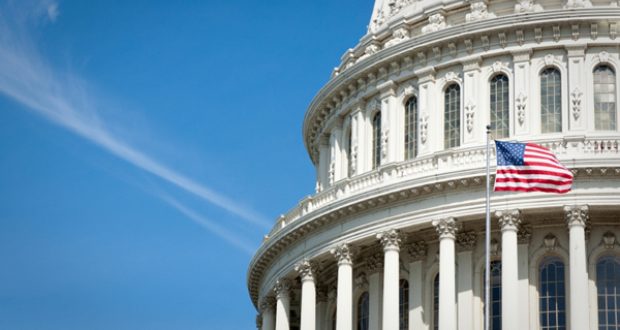Congresswoman Norma J. Torres (CA-35) recently voted for the Paycheck Protection Program and Health Care Enhancement Act, an interim coronavirus relief package to provide additional funding to support small businesses through the economic downturn. The legislation also provides new funding for hospitals and medical practitioners, including for personal protective equipment (PPE), as well as funding to expand COVID-19 testing capacity across the country.
“The first round of funding Congress passed didn’t reach enough small businesses, including many in the Inland Empire that wound up empty-handed while corporations received millions,” Rep. Torres said. “The bill we passed today will get vital support to the mom-and-pop shops who desperately need it, helping more businesses make payroll, ensuring more employees can feed their families, and making emergency relief just as accessible to unbanked and rural areas as it is to downtown shops.”
The Paycheck Protection Program and Health Care Enhancement Act also requires a report from the Secretary of Health and Human Services on COVID-19 testing, including disaggregated data on race, ethnicity, age, sex, geographic region, and other relevant factors. The provision follows an effort Rep. Torres jointly led to highlight our nation’s lack of testing data as the Trump Administration sought to roll back its COVID-19 response based on testing.
“Until we have the testing capacity to know who has this disease, we cannot combat it,” Rep. Torres continued. “And until that day, I fear that it will be minority communities and low-income communities like the ones I represent that will be hardest hit. Getting a test to anyone who needs it and developing a deeper understanding of the communities impacted by COVID-19 must be a top priority.”
Provisions in the Paycheck Protection Program and Health Care Enhancement Act include:
For Small Businesses
$310 billion in additional funding for the Paycheck Protection Program, with $30 billion reserved for community-based lenders, small banks and credit unions and $30 billion for medium-sized banks and credit unions. Additionally, $50 billion for SBA disaster lending, translating into more than $350 billion in loans, and $10 billion in SBA disaster grants. The bill also provides strong protections to ensure farmers have access to this vital assistance.
For Hospitals and Health Care Workers
$75 billion to provide resources to the frontlines, including Personal Protective Equipment. Negotiations also led to key improvements to be made in CARES Act 2.0, including significantly lowering the interest rate on advance payments, lengthening the repayment schedule and distributing payments from general revenues not the Hospital Insurance Fund.
For Testing
$25 billion for COVID-19 testing, which is the key to reopening the economy and resuming our lives. The Administration has agreed to a national strategic testing policy that will focus on increasing domestic testing capacity including testing supplies.
 Westside Story Newspaper – Online The News of The Empire – Sharing the Quest for Excellence
Westside Story Newspaper – Online The News of The Empire – Sharing the Quest for Excellence




